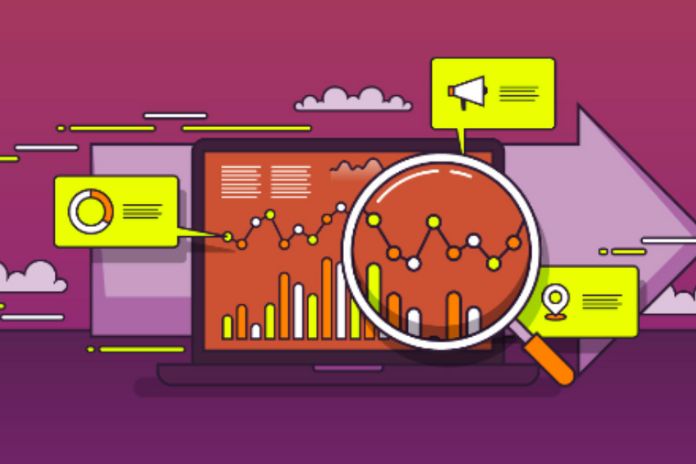Data-Driven Marketing: Anyone in management positions or who manages a company understands well the importance of making decisions based on relevant and reliable data.
In times of digital transformation, this has become a trend in the most varied sectors of the market. More recently, Data-Driven Marketing has also started to gain ground.
One of the main benefits is precisely to increase the company’s leads. However, the subject often raises some doubts. This reading will help you better understand the concept and its applications, as well as the main benefits for marketing and the company as a whole. Check out!
What Is Data-Driven Marketing?
The concept of Data-Driven Marketing concerns the intelligent use of information to inform a company’s marketing strategy. In this context, intelligence refers to the digital processing of data to transform it into relevant and reliable insights.
Investment in this has been growing worldwide. According to data from Gartner, global IT spending is expected to reach 4 trillion dollars in 2021. Among the main focuses of investment are servers for data storage.
This helps to understand why information has become the most valuable asset for marketing today. More than 75 billion devices are generating data at all times, making room for insights that basically depend on the creativity of those who process this material.
Social networks, e-commerce, Google searches and blogs are just a few examples of virtual environments that serve as a source for capturing data. Therefore, data-driven marketing is about to stop being a trend and become a matter of survival for companies.
Those who give up this strategy and focus on practices that are becoming obsolete tend to lose market share. For organizations in industries that are heavily dependent on the digital world, such as IT and B2B companies, the issue is even more critical.
Therefore, it is worth understanding the impacts of this new way of guiding your organization’s marketing and taking advantage of the opportunities.
How Does Data Drive Marketing Help Increase Your Leads?
Making decisions based on relevant and reliable data helps your company better understand your customer. We are talking about going beyond the personal and socio economic profile. An efficient strategy allows you to identify, for example, which paths lead people to your website and what digital content they consume.
One of the challenges that Data-Driven Marketing helps to overcome is lead qualification. This means positioning your brand on the internet and reaching those who are interested in your products and services.
It’s no wonder that a good content marketing department, for example, creates different Buyer’s Persona models. Understanding that there is no homogeneous consumer profile of their products, these companies seek to diversify their approach to adapt it to diverse audiences.
Collecting data helps you create personalized campaigns to humanize the relationship with your potential customers. Where and when do these people access social media? What product combinations make the most sense to offer in your online store?
These are questions that systematic data analysis helps to answer. The result is a more assertive investment: you create content and boost your publications with more specific goals. The results can be seen in performance indicators, as detailed below.
What Are The Benefits Of Data-Driven Marketing?
In a very objective way, Data-Driven Marketing helps your company to reduce decisions based on guesswork or the manager’s feelings. As much as experience is critical in this and other areas, the CEO needs to have a clearer sense of what return can be achieved with the investments made in marketing.
This impacts the entire business strategy and will be the basis for future prospects. Even a deal to sell a company’s stock depends on the potential to generate revenue — and your ability to acquire new leads influences that calculation.
Manager Time Optimization
With technology working in your favor, managers gain time to focus on what requires their time. Instead of spending a long time studying the return on investment in Google Ads to design new marketing campaigns, for example, he can rely on reports generated automatically by the software.
Some Analytics platforms also offer dashboards, graphs, and other features to make the data easier to interpret and use. Google Ads is an example of this. The platform has KPIs that show the performance of your products’ ads in real-time.
Cost Reduction
The operating cost is lower when marketing improves the quality of leads captured. After all, this means that it took less investment to attract the same amount of customers — and this same logic applies to sales conversion.
Greater Adaptability
Data-driven decisions are essential for the company to respond quickly to market demands. This means adaptability, which helps to navigate the turbulent waters of a crisis and seize opportunities for growth.
Data are the raw material for future analysis. Even before the digital transformation, organizations were already analyzing their performance to plan their activities year after year. The analysis capacity has increased exponentially as we can rely on software and Artificial Intelligence.
Remember that those who make decisions based on reliable and relevant information tend to stand out and win more customers. In the opposite direction, those who insist on less efficient – or almost obsolete – practices must gradually lose ground.

